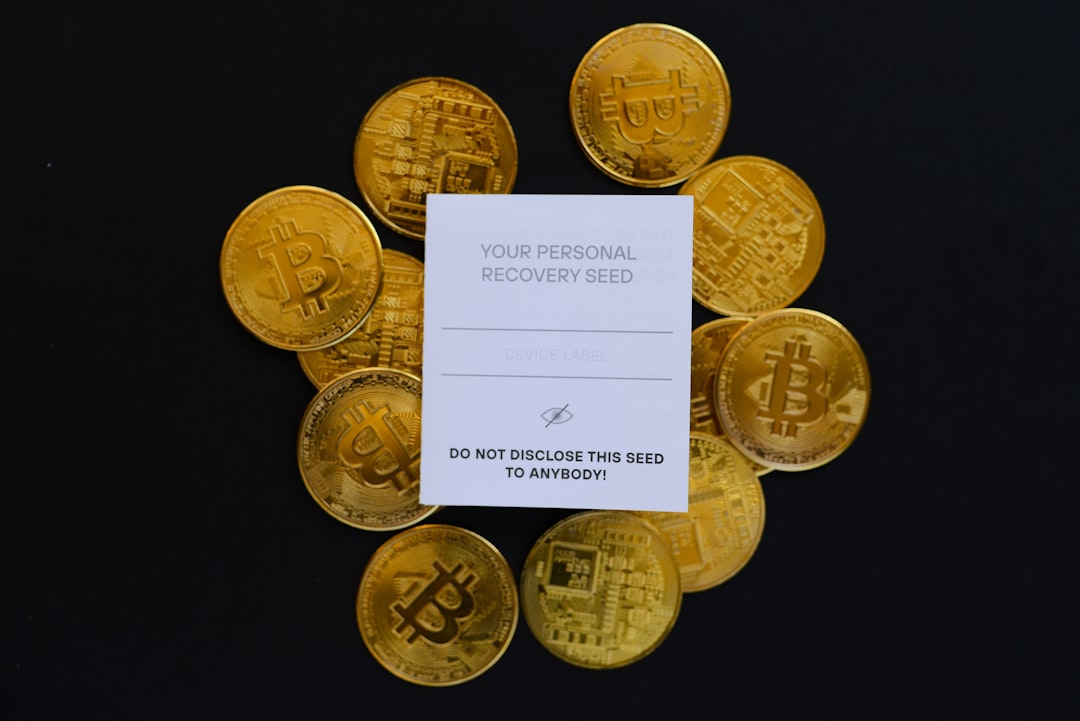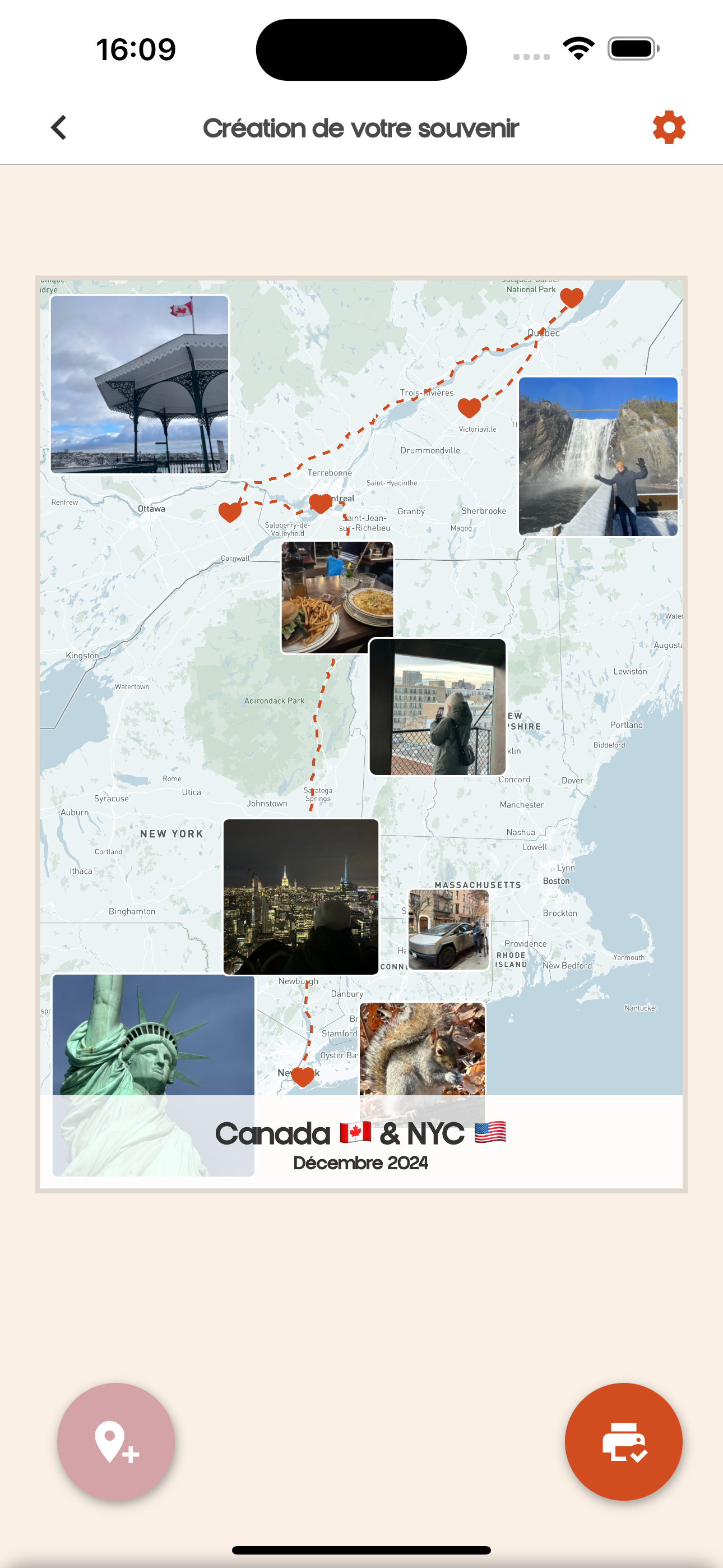Traveling is always an enriching experience, but it is vital to stay alert to scams. In this article, we provide practical advice on avoiding the most common scams travelers may encounter. From using your smartphone to interacting with locals, we will cover all situations. 🧳✈️

Introduction - How to Avoid Common Travel Scams?
Vigilance at Airports - How to Avoid Common Travel Scams?
Airports are key places where scams can occur. Here are some tips:
1. **Always check taxis**: Use trusted taxi services or ride-hailing apps rather than accepting services offered at the airport exit.
2. **Avoid too-good-to-be-true offers**: If someone offers you a miraculously low fare for transportation or accommodation, it's often a scam.
3. **Keep your valuables close**: Make sure your important documents like your passport and cards are always accessible and secure.
Interactions with Locals - How to Avoid Common Travel Scams?
When meeting locals, be cautious. Here’s what to know:
1. **Never accept unsolicited services**: People who approach you to offer help may have dubious intentions.
2. **Be cautious with photos**: Some may demand money for taking a photo or accuse you of photographing them without permission.
3. **Always ask the price before ordering**: Whether it's for a meal or a service, avoid misunderstandings about costs.
Online Scams - How to Avoid Common Travel Scams?
The internet is another area where scams are proliferating. Here are some tips:
1. **Use reliable booking sites**: Ensure you are using recognized platforms for hotel or flight bookings.
2. **Protect your personal data**: Never share your banking information via messages or on unsecured sites.
3. **Be skeptical of overly attractive promotions**: If an offer seems too good to be true, it probably is.
Conclusion - How to Avoid Common Travel Scams?
In conclusion, traveling is enjoyable, but it's essential to remain vigilant to avoid scams. By following the tips above, you can enjoy your journey worry-free and at ease. Safe travels! 🚀🌍
FAQ - How to Avoid Common Travel Scams?
1. What are the most common scams when traveling?
The most common scams include taxi scams, currency exchange scams, and fake tour guides. Travelers should stay vigilant, especially in tourist areas where scammers may blend in with the crowd.
2. How can I tell if a taxi is reliable?
To ensure a taxi's reliability, prioritize official, well-known taxis or use trusted ride-hailing apps. Also, check if the taxi is properly identified with a visible license number.
3. What precautions should I take when using public Wi-Fi?
When using public Wi-Fi, avoid accessing your bank accounts and use a VPN to secure your connections. Also, refrain from sharing personal information on unsecured networks.
4. What should I do if I fall victim to a scam?
If you suspect you have been scammed, contact local authorities immediately. It is also advisable to report to your embassy or consulate for support.
5. What signs indicate a potential scam?
Unusually low prices, immediate requests for money, or insistent behavior can indicate a scam. Stay alert to details and feel free to ask for more information before proceeding.
6. How can I protect my valuables while traveling?
Use a safe in your accommodation if available. Avoid carrying all your valuables at once and opt for discreet and secure bags.
7. Can currency exchanges be secure?
For currency exchanges, use recognized exchange offices. Avoid informal exchanges that can often be scams. Always compare exchange rates.
8. Why are tourists often targeted by scammers?
Tourists may be seen as less informed about local rules, making them easy targets for scammers. They are also more likely to carry cash.
9. How should I react to persistent help requests?
If someone approaches you with a suspect help request, maintain a comfortable distance. Politely refuse and don’t give money or personal information.
10. Are there resources for reporting scams?
Many countries have hotlines or websites for reporting scams. Also, check with your embassy for advice and support.






